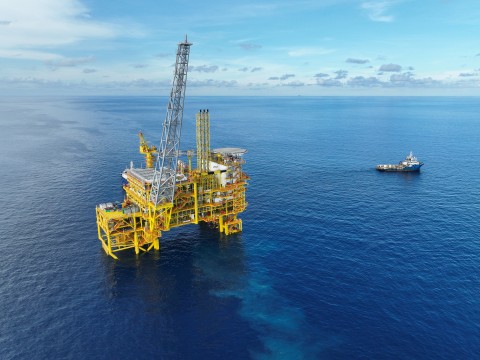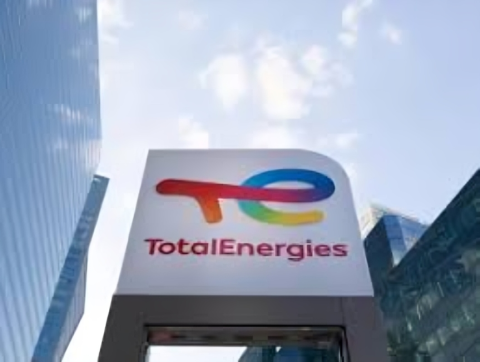Since the demand for oil, gas, and petroleum products becomes more urgent, operators have to find new and innovative methods for efficiently facilitating the transportation of these products. Transportation management systems (TMS) have become significant tools for oil and gas manufacturers to guarantee safe shipping, reduce costs, boost warehouse performance, and improve supply chain efficiency.
TMS in Detail
An article published by Oracle indicates that a transportation management system is a technological logistics platform that enables manufacturers, distributors, and retail businesses to plan, implement, and optimize the physical movement of goods and products and make sure that the cargo is compliant. Through the TMS, users conduct three main tasks find and compare prices and available services, book the shipment, and then track its movement to delivery, another article published by TechTarget said.
According to Markets and Markets, “the global TMS market size is expected to grow from $13.5 billion in 2023 to $33.3 billion by 2028, at a Compound Annual Growth Rate (CARG) of 19.7% during the forecast period”.
Digitalized TMS
Several technologies have been adopted by the TMS market to be compliant with the global digitalization trend. Ascendix mentioned a number of these technologies, including Internet of Things (IoT) Fleet Tracking, Virtual Assistants, Machine Learning Algorithms, and Blockchain. Regarding IOT devices, it can increase the accuracy of the data related to vehicles’ location, loading capacities, routes, and assets. With that, it enables owners to reduce fuel consumption, maintenance costs, divers’ safety and reduce delay rates.
Virtual Assistants, otherwise known as ‘chatbots’, provide a win-win strategy for all supply chain parties. It offers several template scenarios about each shipment so that drivers or captains can request their daily schedules and customers can get answers to their questions with a single click. Additionally, machine learning plays a key role in predicting multiple supply chain data more accurately. It can recommend alternative routes and insights. Blockchain can provide advanced security, authentication, integration, and monitoring capabilities that improve supply chain transactions.
Brining TMS to Oil & Gas
Since the oil and gas industry has one of the complex supply chains, TMS is an efficient way to supply either petroleum products or equipment to their destinationص and reduce costs at the same time. An article published by Cloudlogix defined three primary benefits of TMS for the oil and gas sector. First, TMS improves visibility into transportation operations. It allows employees to communicate and coordinate transportation needs as they all have access to the same data, enabling them to view transportation options and make suitable booking decisions. It also can help companies to plan better and react faster to the changes in the market.
Second, it allows better control over transportation costs. This can be done by organizing and optimizing transportation routes so as to reduce the costs of unneeded travel. Moreover, TMS improves communication between shippers, carriers, and receivers leading to faster delivery with lower costs. Third, TMS increases efficiency and coordination across modes of transport for example when TMS optimizes transportation routes; the vehicles are used more efficiently and it improves order accuracy and reduces the amount of wasted time and fuel.
TMS Solutions in Oil & Gas
There are several TMS software solutions for the petroleum industry. For example, Emerson Company developed what is called TerminalManger, which is a robust solution enabling the user to efficiently manage all aspects of terminal loading operations to improve accuracy, safety, and security. It drives greater intra-terminal and inter-terminal efficiencies by automating material transfers at any type of tank storage facility.
Furthermore, ABB has innovated ABB’s Terminal Management System which includes features such as receipt/dispatch by truck, barge, rail wagon, pipeline, access control, inspections, kiosk functionality, automatic bay/berth allocation, sealing, blending, additive, automatic tank farm control and more.
Other applications of TMS that are used in various industries such as the Oracle Management system enable more efficient logistics operations reduce freight costs and optimize service levels. The SAP Management system is another application that can reduce transportation complexity and maximize the return on global transportation and domestic shipping across all transportation modes and industries.
In conclusion, TMS is paving the way to efficient transportation and shipping operations with lower costs within the oil and gas sector which can help in accelerating the industry’s development and progress.








